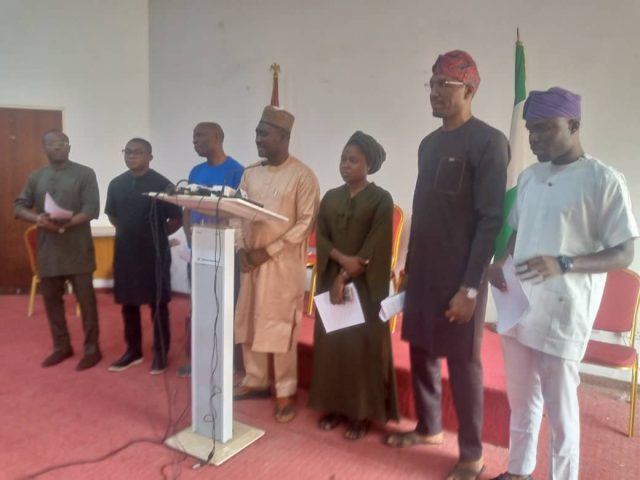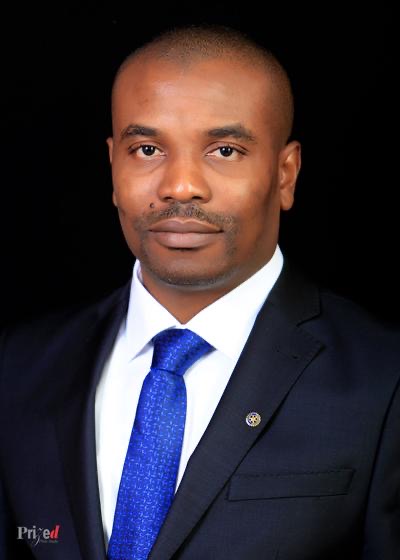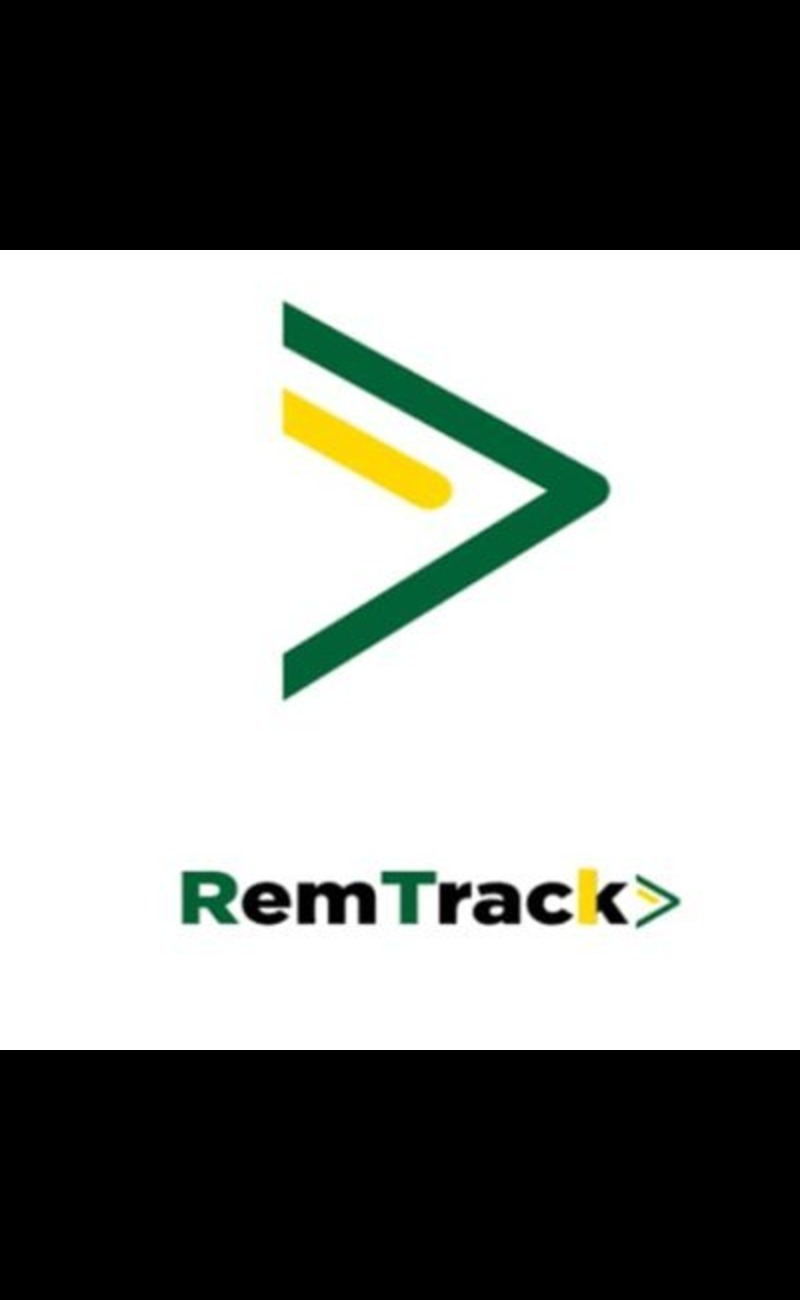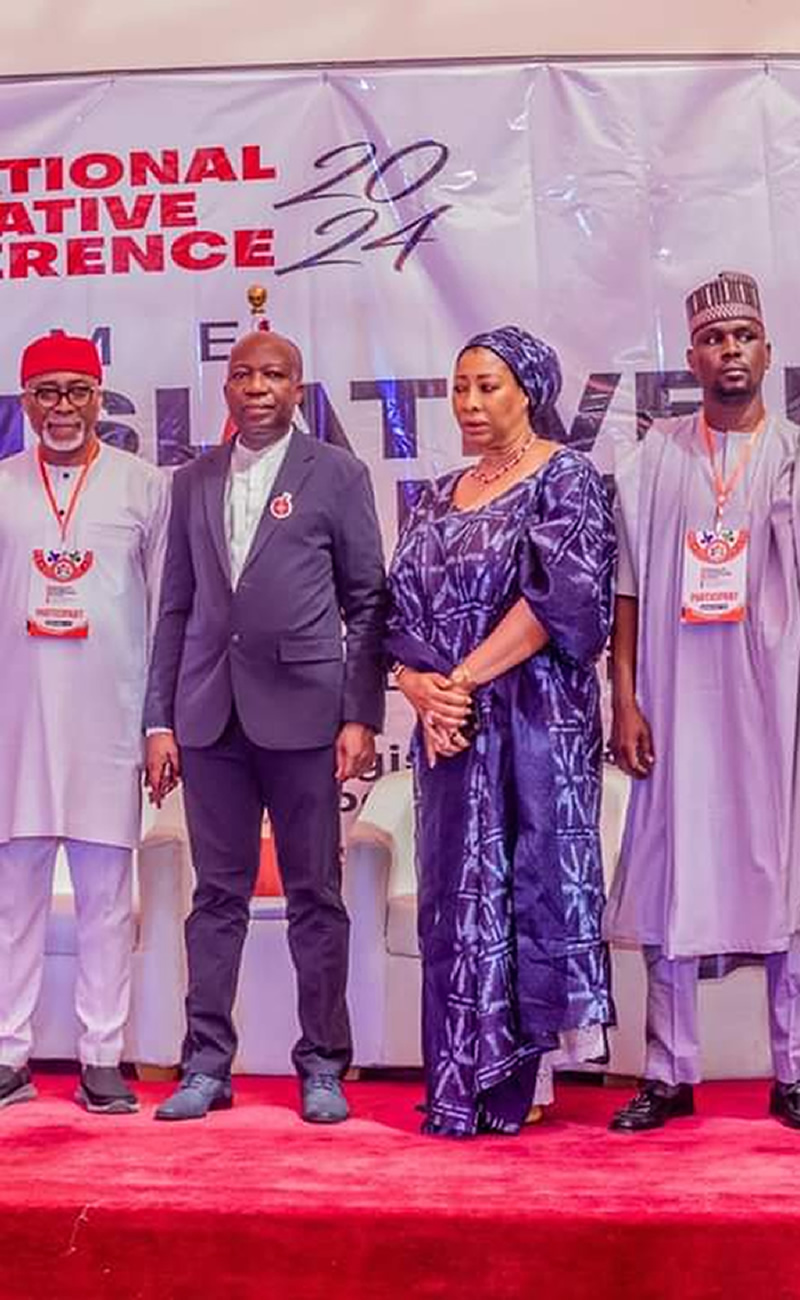The foreign debt may rise if requests for loans by the Federal Government are approved by the National Assembly with little or nothing to show as to what the loans were used for.

The Civil Society Legislative Advocacy Centre (CISLAC) and other Civil Society (CSO) groups have called on the National Assembly to address Nigeria’s revenue shortfalls and tackle the current hardship in the country through urgent legislative measures.
The group comprising of the CISLAC Executive Director, Auwal Rafsanjani, the Tax Justice and Governance Platform (TJGP), ActionAid, Christian Aid, Social Action, Centre for Democracy and Development, Paradigm Leadership Support Initiative, International Budget Partnership, the Nigeria Labour Congress and Oxfam, disclosed this while speaking at a press briefing with the Senate Press Corps on Friday.
According to Rafsanjani who led the group, the growing debt overhang has precipitated an economic crisis for the nation. He called for a full investigation into all loans taken by successive governments, especially the $ 3.4 billion World Bank facility, as reported by the Office of the Auditor-General of the Federation in 2020.
“The escalating debt burden has profound implications for the well-being of Nigerian citizens, and failure to act quickly could result in an additional 23 million Nigerians living in poverty and 80 million working-age citizens without a full-time job by 2030.
“These concerning trends underscore the need for the National Assembly to urgently commit to sound reforms and balanced resource allocation, thereby paving the way for significant investment in critical sectors that directly impact the lives of vulnerable Nigerians.”
Rafsanjani voiced concern over some of the private creditors’ foreign debt, which has a shorter repayment period and a loan repayment percentage between 6 and 9 per cent.
“The trajectory of revenue from the federal government shows a continuous decline in the past 5 years with a 45% revenue shortfall in 2018, a 45% shortfall in 2019, 31% in 2020 and 45%, 41% and 50% in 2021, 2022 and 2023, respectively.
“These revenue shortfalls have created budget deficits that have precipitated our debt crisis and has grown our external debt by 1, 333% from the level it was after the Paris Debt buy-back deal in 2005/06.
“As of June 2023, Nigeria’s total debt portfolio stood at N87.9 trillion ($114.3 billion) and will climb to N107.38 trillion in 2024, following recent approvals by the National Assembly.
“Worrisomely, 37% of Nigeria’s total external debt figure is owed to private creditors whose loans attract between 6-9% and shorter repayment period in comparison to loans from multilateral and bilateral sources with interest rates of between 1-3% and longer repayment period of 10-30years.
“The result is that debt servicing will cost 98% of our budget, and the government will spend six times more on servicing debts than on building new schools and hospitals in 2024. This unsustainable level of public debt highlights the need for a reassessment of government spending and revenue generation.
“As advocates of economic justice, the Tax Justice and Governance Platform (TJGP), with subnational platforms across eighteen (18) states in the country and a National Secretariat coordinated by Civil Society Legislative Advocacy Centre and steered by ActionAid, Christian Aid, Centre for Democracy and Development, International Budget Partnership, the and the Nigeria Labour Congress and Oxfam wishes to lend its voice once again to these growing concerns in demonstration of its civic responsibility.”
READ ALSO: OrderPaper, 48 other leading CSOs demand an immediate end to insecurity
During their oversight and investigative duties, CISLAC urged the lawmakers to look into the movement and use of loans that President Muhammadu Buhari‘s previous administration had received.
He said: “We thus request that as a matter of urgency, the National Assembly should commit to investigating the movement and spending of loans received by the Federal Government in the past and present administrations, including but not limited to the $3.4 billion loan obtained from the International Monetary Fund (IMF) as reported in the 2020 annual audited report published by the Auditor-General of the Federation.
The group however gave some recommendations which include: “strengthening debt sustainability assessments through public debt review mechanisms to assess the affordability and risks associated with new borrowing initiatives.
“Harmonising tax laws and rates to reduce overlaps and inconsistencies, eliminate multiple taxation and improve tax revenue mobilisation. Nigeria should adopt a comprehensive approach to taxation which categorises taxes to income, consumption and property tax. Every tax should fall under these three categories rather than having all manners of taxes all over the place which are set out to extort business owners rather than generate revenue for the Government.
“Establishing a Tax Committee empowered to approve Double Tax Agreements rather than the general floor of the National Assembly. The Committee should be empowered to monitor and evaluate existing tax treaties and agreements between jurisdictions to make data available for government decisions.
”Revising and harmonising tax incentive frameworks that provide for clarity of policy goals of incentives, the periodic assessment and monitoring of tax incentives using a monitoring and evaluation framework, assessment of cost-benefit and distributional impact, and guidelines for timely reporting of tax expenditures.
“Reducing discretionary powers of executive institutions with statutory mandates and powers to regulate tax incentives and ensuring that major incentives are granted through parliament.
“Introducing appraisal mechanisms that ensure budget performance is a reflection of the value created and not an indication of funds released to MDAs.
”Prioritising spending on policies and programs that will directly affect the general public, especially the low-income earners, such as investing heavily in education, health care, agriculture and future-proof empowerment programmes in a transparent, accountable and sustainable manner.
“With 27% of the country’s average household budgets dedicated to fuel-related expenses (petrol-powered generators and vehicles and heavy reliance on the poor public transport system), appropriation of revenue and reallocation of subsidy savings should also prioritize fixing the power and transport sectors.
“Demanding accountability for petrol subsidy savings and sincerity of purpose in fulfilling the government’s ‘promises of renewed hope’ to the millions of Nigerians who no longer have belts to tighten.”



